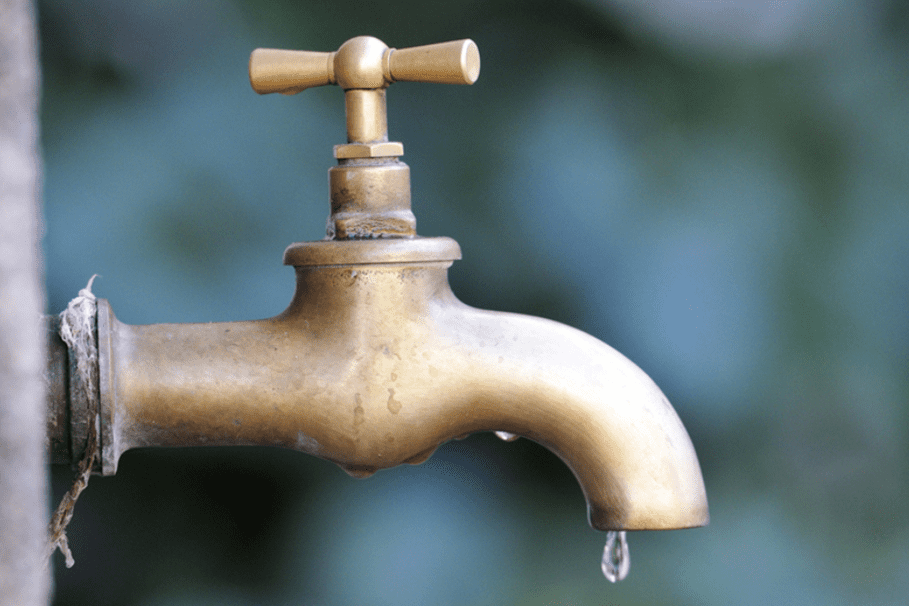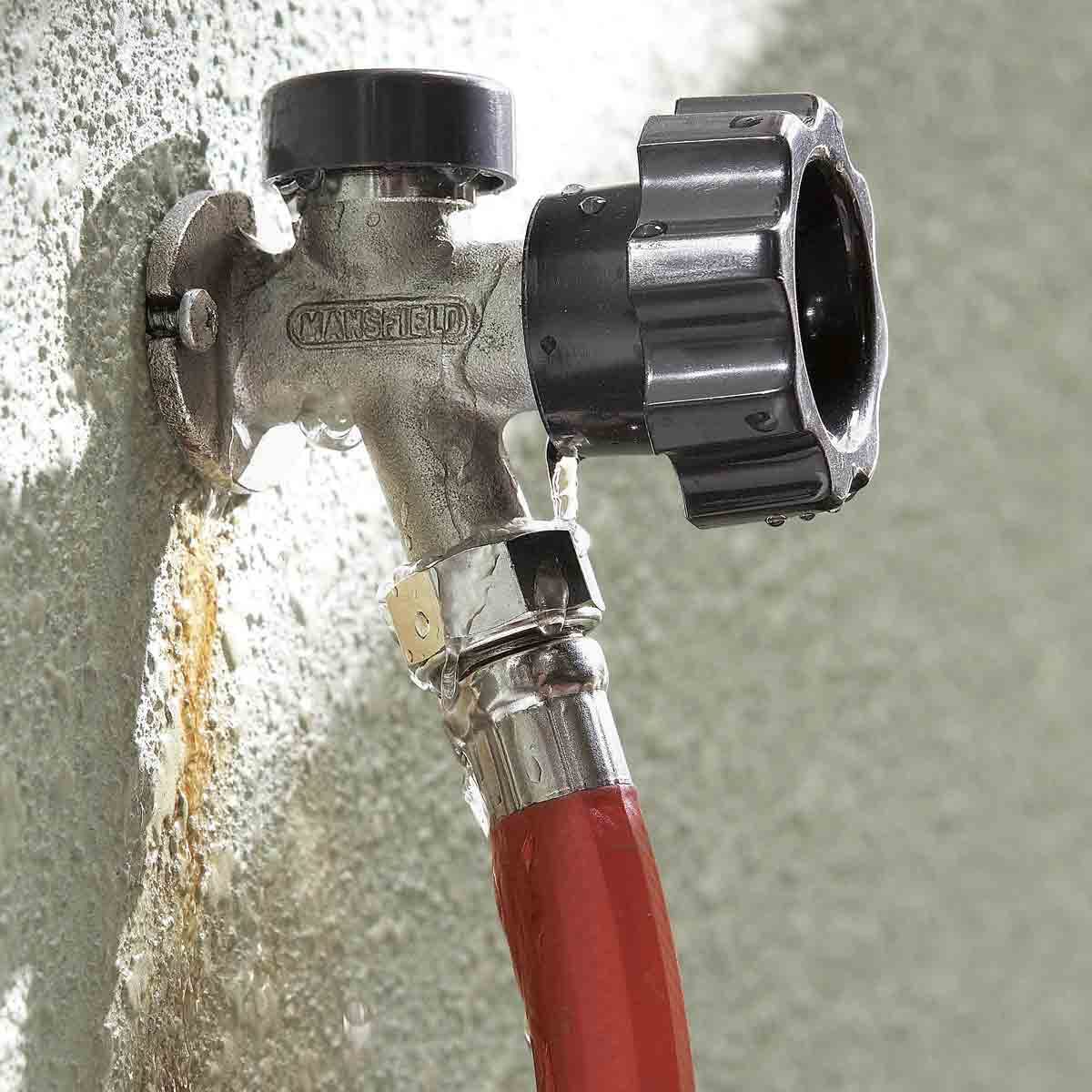Tips on How to Winterize Your Plumbing: Five Hacks to Prevent Bursting Pipes in Frigid Temperatures
Tips on How to Winterize Your Plumbing: Five Hacks to Prevent Bursting Pipes in Frigid Temperatures
Blog Article
This article following next in relation to Prevent Freezing and Bursting Pipes is exceedingly fascinating. Read it for your own benefit and see what you think of it.

All home owners who live in pleasant environments should do their finest to winterize their pipes. Failure to do so can mean calamity like frozen, broken, or ruptured pipelines.
Attempt a Hair Dryer or Warm Weapon
When your pipes are practically freezing, your reliable hair clothes dryer or warmth gun is a godsend. Bowling warm air straight right into them might aid if the hot towels do not assist remove any kind of settling ice in your pipes. Do not make use of various other items that create straight flames like a strike torch. This can cause a larger disaster that you can not control. You may end up destructive your pipelines while attempting to melt the ice. And over time, you may even end up melting your residence. So beware!
Open Up Cupboard Doors Hiding Plumbing
When it's cold outside, it would certainly be practical to open cabinet doors that are masking your pipelines. Doing this small method can keep your pipelines cozy as well as limit the possibly harmful end results of freezing temperatures.
Require Time to Wrap Exposed Pipes
One awesome and also simple hack to heat up frigid pipelines is to wrap them with cozy towels. You can also make use of pre-soaked towels in hot water, simply don't fail to remember to use safety gloves to guard your hands from the warm.
Activate the Faucets
When the temperature level declines and also it appears as if the frigid temperature will last, it will certainly aid to transform on your water both indoors and outdoors. This will keep the water streaming via your plumbing systems. You'll finish up wasting gallons of water this way.
Turn off Water When Pipes are Frozen
If you notice that your pipes are completely frozen or practically nearing that phase, transform off the major water shutoff immediately. You will typically find this in your basement or utility room near the heating unit or the front wall surface closest to the street. Transform it off immediately to prevent more damages.
With even more water, even more ice will certainly load up, which will at some point lead to rupture pipes. If you are unsure about the state of your pipelines this winter months, it is best to call a professional plumber for an evaluation.
All property owners who live in pleasant environments should do their ideal to winterize their pipelines. Failing to do so can spell disaster like icy, broken, or ruptured pipes. If the warm towels do not assist remove any resolving ice in your pipes, bowling warm air directly right into them may assist. Turn off the major water valve quickly if you observe that your pipes are entirely frozen or practically nearing that phase. With more water, even more ice will stack up, which will ultimately lead to break pipelines.
PREVENT YOUR PIPES FROM FREEZING THIS WINTER
A Leading Cause of Property Damage
When the weather is taking a deep nose dive into the cold dreary days, the risk of your pipes freezing and potentially bursting skyrockets. Unfortunately, during these cold dreary months, burst pipes are the most common denominator for property damage. The pipes that are most at the risk are those that are in areas where it is most cold in your home. For instance, pipes located in interior places such as basements, attics, and your garage. Unfortunately, that doesn’t mean that the pipes running through your cabinets or exterior walls can’t freeze. Good news, however, is that you can do things to help prevent pipes from freezing.
How to Prevent Pipes From Freezing
Once the temperature starts to drop during the winter, you should be taking the proper measures needed to ensure that your pipes stay warm and that there is circulation of water through them. Some steps that experts may recommend could go against your better judgement when it comes to saving water and heat. However, it would go without saying that when expenses are compared, damaged pipes could put a bigger dent in your wallet than a water bill.
What Can I Do?
Keep your garage door closed. This is very important, especially if you have water supply lines running through your garage. Open your kitchen and bathroom cabinets to allow warm air to circulate through them. Allow air circulation throughout your home. Keeping the interior doors open will once again allow the warm air to circulate inside your home. Ensure your thermostat is running the same temperature throughout the night and day. If you plan to be away from home during the cold months, set your temperature no lower than 55° F. This should provide enough heat to keep the pipes warm and prevent any remaining water inside the pipes from freezing. For more of a long-term solution, add insulation to attics, basement, and other crawl spaces around your home. By allowing your faucet to drip, it will alleviate pressure in the system. This is important because the pressure that is created between the blockage and the faucet can potentially cause the pipes to burst. Allowing the faucet to drip will prevent the pressure from building up, therefore keeping the pipes from bursting. Seal any cracks, openings, and crawl spaces around your home to prevent cold air from coming inside. This keeps your pipes-not to mention your home-warmer and less susceptible to issues caused by freezing temperatures. For the pipes in your home that are easily accessible, applying electrical tape to them might prevent them from freezing over. This is a quick fix, as you can apply the tape directly to the pipe. There are two options for heating tapes. One turns on and off by itself when it senses heat is needed. The other type of heating tape needs to be applied when heat is needed and removed when not necessary. If you have exposed pipes in your home, you can check this website to take a look at a few options that would be available at a shop near you.

I am very curious about How to Prevent Frozen Pipes and I'm hoping you enjoyed reading the entire entry. Sharing is caring. One never knows, you may be doing someone a favor. I appreciate reading our article about Prevent Freezing and Bursting Pipes.
Book Services Report this page